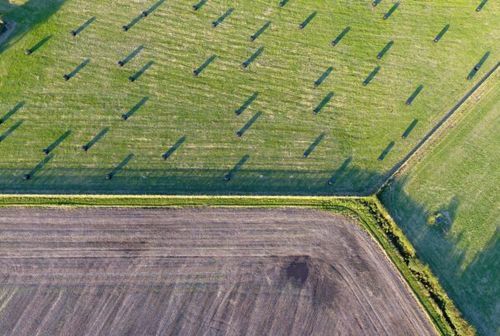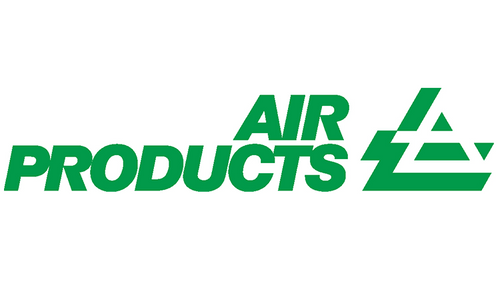Air Products, the world’s largest producer of hydrogen, plans to build a multi-modal hydrogen refueling station near its new net-zero hydrogen energy complex under construction in Edmonton, Alberta, Canada.
The hydrogen refueling station will be Air Products’ first in Canada and the first commercial-scale hydrogen refueling station in Alberta. The station plans were announced today at the Canadian Hydrogen Convention during a fireside chat with Eric Guter, Air Products’ Global Vice President, Hydrogen for Mobility.
“This station is the next step in Air Products’ commitment to Edmonton and the province of Alberta and will serve as a model that can be replicated throughout Canada to grow the hydrogen economy, reduce emissions and assist Canada on its path to achieving net-zero by 2050,” said Guter. “Canada is well-positioned to be a leader in the clean energy future, and we are proud to build on Air Products’ investment in Western Canada to help accelerate the use of hydrogen as an emissions-free transportation fuel across the nation.”
The hydrogen refueling station is supported in part by $1 million (CAD) in funding from Natural Resources Canada’s Zero Emission Vehicle Infrastructure Program.
The new station will include two hydrogen refueling lanes with dispensers for heavy-duty vehicles such as commercial and municipal trucks, and Air Products’ own truck fleet, with a filling time on par with conventionally fueled heavy-duty trucks. In addition, the station also will have two fueling positions for light-duty hydrogen fuel cell cars. The state-of-the-art, high-capacity, high-efficiency station is scheduled to open in early 2025 and will be available to retail customers. Using proprietary compression technology, the station will have a capacity of up to six tonnes of hydrogen per day. It will be located in Northeast Edmonton near Air Products’ transformative new $1.6bn (CAD) net-zero hydrogen energy complex.
The complex will use an advanced process technology that enables the cost-effective capture of more than 90 percent of carbon emissions for permanent sequestration safely underground. In addition, to avoid the indirect emissions associated with using grid electrical power, the project includes a 100 percent hydrogen-fueled power generation unit. This unit is oversized to power the production facility and supply clean power to the Alberta grid.
The complex also will be integrated with neighboring Imperial Oil Limited’s new renewable diesel facility, using innovative engineering. Imperial will produce renewable diesel from locally sourced non-petroleum feedstocks, using a process that produces a biogenic renewable off-gas (ROG) by-product. This ROG will be used as a feedstock within the Air Products hydrogen complex, displacing natural gas and further enhancing the overall carbon emissions profile. The combination of utilizing a renewable feedstock and power export more than offset the remaining 10 percent needed to achieve net-zero at the new hydrogen production facility.
The net-zero facility will connect to Air Products’ existing 55-kilometer pipeline network in the Alberta Heartland to help refining and petrochemical customers reduce the carbon intensity of their operations and products.
Air Products also has announced plans to open a new project delivery office in Edmonton. The Global Engineering and Manufacturing Technology Equipment office will be a cross-functional space including engineering, product, process gas, and air separation unit product line functions.
Air Products currently operates three hydrogen production facilities in Alberta, and also operates a hydrogen production facility, a 30-kilometer pipeline network and a liquefaction facility in Sarnia, Ontario.
Air Products works across all facets of the hydrogen value chain, including production, distribution, storage and dispensing and has been a pioneer in hydrogen fueling for decades.
The company operates the world’s largest hydrogen pipeline system, located in the U.S. Gulf Coast, and is a world-class liquid hydrogen supplier. Air Products has hands-on operating experience with over 250 hydrogen fueling station projects in 20 countries and the company’s technologies are used in over 1.5 million fueling operations annually.





